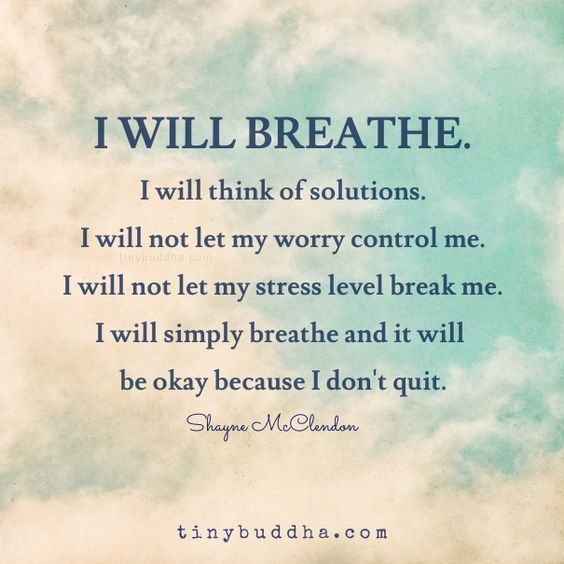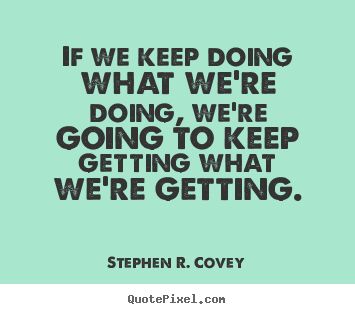 It's a bird, it's a plane, it's ....... Holy cow, there are so many superheroes now, it's hard to tell the difference between Iron Man, Batman, Wolverine, Hulk, and Catwoman, except they each have a distinct power that makes them unique. A few days ago, on vacation, Dave and I golfed with another couple. I kept looking at the guy, thinking I knew him. I told Dave and he said he didn't recognize him. "Nope", I said, "he definitely looks like someone. I think it's a celebrity. John Goodman!! That's it!" I finally asked him, "Who do you get told you look like?" He answered, "I've been told I look like John Goodman, but I don't see it." There you go! That is my super power. I work with so many audiences---there are always people who look familiar to me, but sometimes I think it's just because I see so many people, and everyone has to have at least one doppleganger, right? But I often find that when I ask someone, "Has anyone told you that you look like Clare Danes?" they say "Yes! That is so funny---it just happened the other day!" Okay, I'll admit, it's not the most fascinating superpower in the world, but...hey! you gotta work with what you have, right? A dear music teacher friend of mine, Shirley Andrews, tagged me in a post this morning on Facebook. The video she sent is of an extraordinarily beautiful sounding choir, with the most angelic voice for the solo artist. I figured they hired her to come sing with them for a concert. But no. Instead of telling the story, I'll let them do it for you. Soulseekers I'm not exactly sure what I believe is the most incredible part of the story---the lead singer had no prior training until her undergraduate years in college, all the choir members are amateurs, they are chosen for their academic ability versus their singing talent, or that this incredible director has the ability to make the most incredible music come from these seemingly ordinary students. I think they all have superpowers, in their own unique way. What is your superpower? What is your gift for the world? I wonder what would happen if, instead of looking at all the negativity and differences between us, we could look at each other as if every single one of us had a unique gift to share with the entire world. Wait a minute...I think we do, already. We just have to be willing. Are you? Happy Communicating!! Shelly
0 Comments
When I was getting my Master's degree in counseling, I began reading a bunch of information written by Frederic Flach about resilience. When two people experience the same tragic event, for example, what allows one person to perhaps "recover" better than another? I hung onto his every word, believing particularly in the pieces in which he spoke of how people seem to "bounce back" quicker and better from traumatic events if they have at least one confidante and a good sense of humor. I happen to believe that your odds are doubled if your confidantes also happen to have great senses of humor, but I'll keep my opinions to myself. This phenomenon of resilience makes sense, right, and might not seem so mind-blowing, but I have always tried to apply the concept to students I taught or even colleagues with whom I work. Resilience and adaptation to change may be fairly closely related, then, as we see people everyday in our life and work respond to change with attitudes that would lead us to believe their entire world was turned upside down, while others take the change in stride. Flach has done much more work in the field since that time, talking to survivors of war, natural disasters, abuse, and much more and his findings have led him to some interesting thoughts---some that make me go "hmmmm". He says that he believes that every time we experience trauma, severe illness, death of a loved one, war, or any other life-altering event, we should actually expect to go through a devastated process of feeling sad, terrified, angry, etc. But instead of coming out "on the other side", he says we should actually expect to become a "new whole"---I liken that to a "new normal". My experience with breast cancer taught me so much, and, for the last two years, I have been walking the walk, doing the next right thing, taking the medications that were prescribed for a not-allowed-to-get-near-estrogen body and telling people I was "fine". In actuality, I truly am doing fine, but it's definitely not the same "fine" as before the diagnosis. My body is different, my emotions are different, my "I don't take any medications" mantra has been altered, but I am surviving, mostly because I still believe in those key pieces of resilience of which Flach spoke way back when. I have a close cadre of soul-sisters and soul-brothers (and my biggest human rock, in the form of Dave), I have a sense of humor that is a God-given life-line, and speaking of that higher power I choose to call God, I have a faith that gets me through some really tough moments. I'm grateful to have rediscovered Flach's work in a just-in-time moment, and I encourage anyone going through any sort of stressful moment (he says it doesn't have to be big or monumental, but the stress can simply be everyday worries and troubles that tend to get people down) to take a look at his work. Frederic Flach Happy Communicating!!! Shelly "I keep leaving messages but she never returned my phone call."
"My principal just told me what I could have done differently to make the lesson better." "I didn't understand the directions for the assignment, but my teacher just said I should have paid more attention when she was saying them." Do any of these sound familiar? Whether we are students, teachers, administrators or dog rescue fosters (wait....how did that get in the mix? Sorry, it's so part of my life, as well as education), the main issues I seem to continue to hear from people that frustrate the stew out of them is miscommunication or the lack of communication. One of the things I do that is proof positive that I have a bit of Obsessive Compulsive Disorder is the need to return an email, text or phone call within a few hours at the most. I know, I know, some people say, "But what if I don't have any answers for them?" My response is forever and always going to be: Then call them back and tell them that. When I was a principal, nothing frustrated a parent more than to not get a phone call about something that was deemed pretty pertinent to their child's emotional, mental or educational well-being. My theory has always been: I may not enjoy the potential conflict but rest assured, it is not going to get any better by waiting to deal with it. One of my first years I was a principal, I introduced the concept of tackling the "heavy lifting" as soon as possible by showing the EAT THE FROG video. I'm not trying to get in trouble with PETA or anyone else who gets grossed out by the analogy, but the truth is: the sooner you deal with a conflict, the sooner it goes away and the less frustrating it usually becomes for both parties. However, there is a caveat to that wisdom that I have learned the hard way. My dear doctoral colleague, Dr. Michelle Vaughn, used to warn me when I was frustrated with a situation and wanted to reach out and email someone right away to defend myself or make sure nobody was mad at me (approval seeking at its finest) to WAIT. Just wait, she would say, before pressing that "Send" button, because once you have sent, it is all but impossible to unsend. I love Michelle for so many reasons, but that is in the top ten, for sure. So, what to do: 1. Return phone calls, even if we don't have all the answers and express that (i.e. "I wanted to get back to you right away to let you know I am checking out the details and I will call you back as soon as I have some solid answers for you.") 2. When faced with a nasty email, go ahead and gripe about it ("How dare she say I didn't.....?" "Don't they know what all I have done to.....?") . I sometimes even write it down what I want to say. But then I re-word it in a way that might actually be heard by the other person. Because, as I often say, there is no point in being Mr. Righty-Rightster if nobody is listening to you because you offended them so much from the get-go. 3. Remember that in all matters relationship, school, work, marriage, and friendship, the ultimate goal is to come out on the other side with a positive result. Being right simply cannot be the ultimate goal, unless you don't mind sacrificing that particular relationship (and in school and work related scenarios, you can't, because your job may depend upon your improved communication skills). Instead, think it through----what is a win-win for everyone? I believe Stephen Covey had so many great, common sense thoughts when he penned "Seven Habits of Highly Successful People". In fact, if you haven't picked it up in awhile, maybe take a listen. I use those habits in my workshops, in my communications with customer service folks, and in my relationships with loved ones... all the time. Just for today, perhaps we can examine where the flaws in our communication lie (as we are certainly not cookie - cut the same way, thank goodness.) Once we address the issue, we can begin working towards solutions. I'm happy to help out in any way I can if you want or need it in your organization. Happy Communicating!!! Shelly |
Shelly ArnesonCategories |




 RSS Feed
RSS Feed